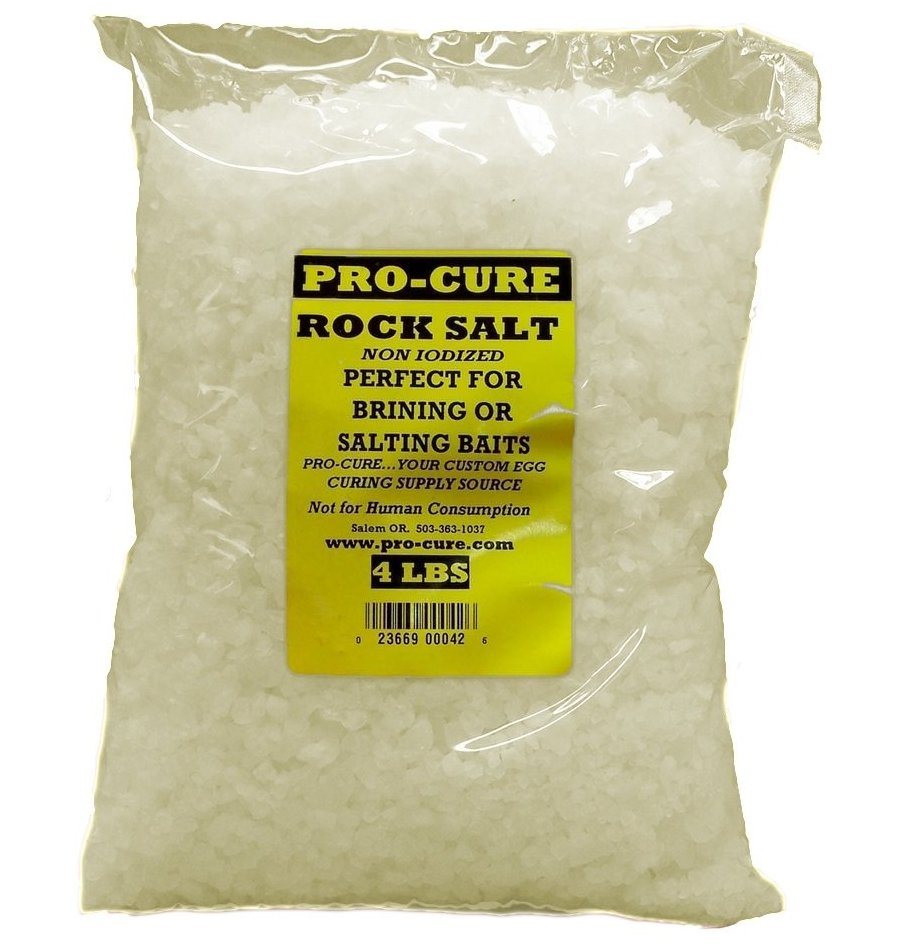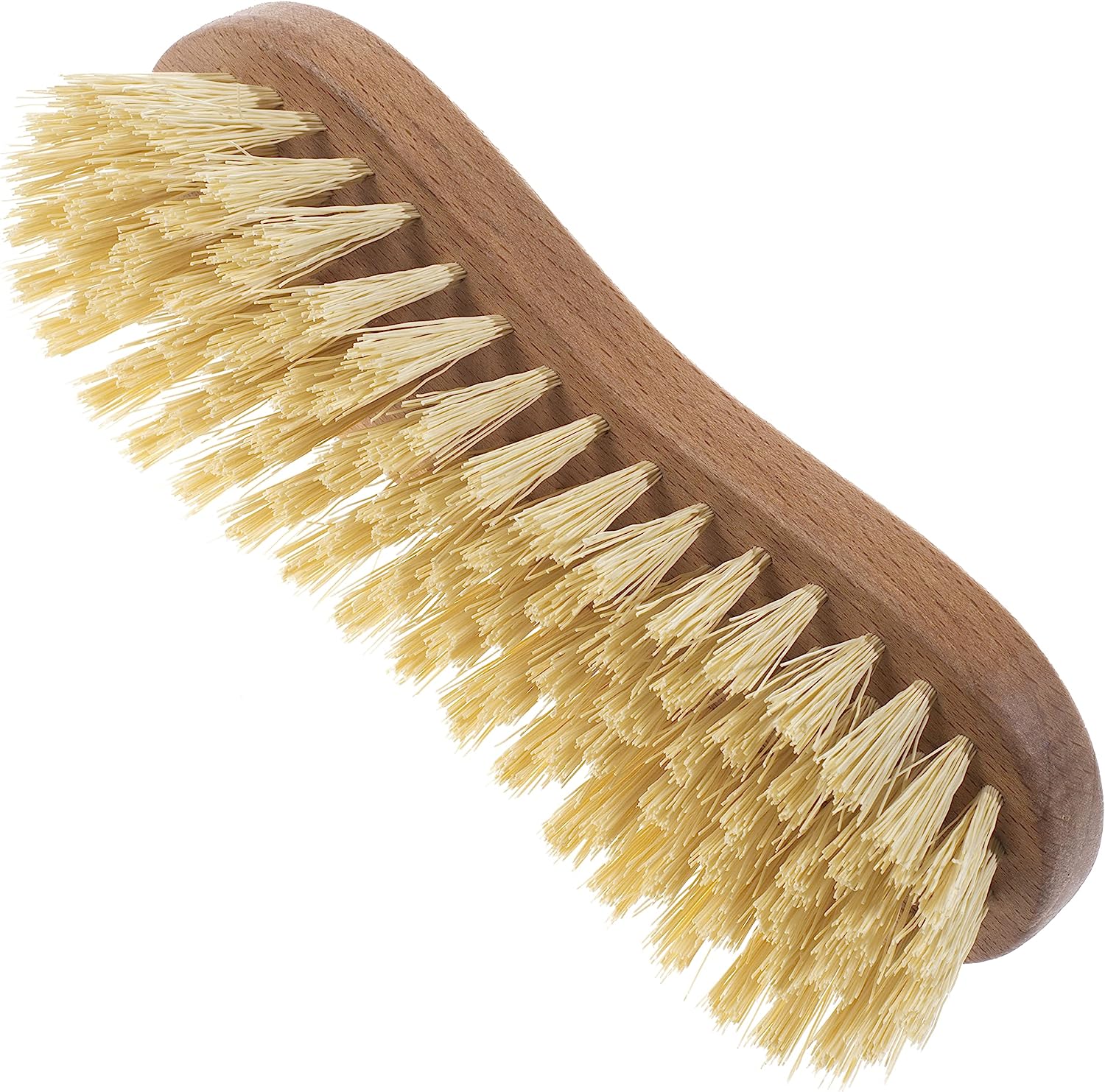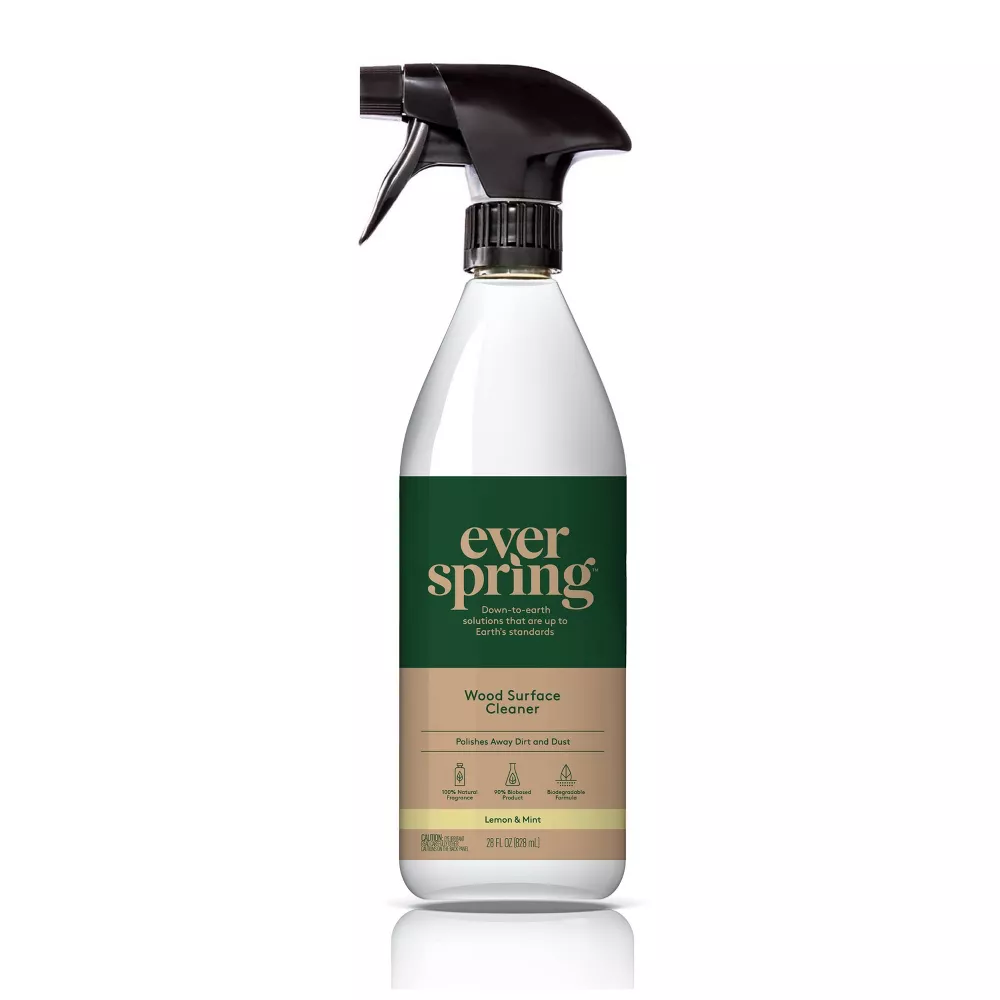Wait a minute – turns out this cheap household ingredient might just be the easiest way to clean outdoor furniture
It's one of the cheapest ways to give your patio furniture a natural refresh
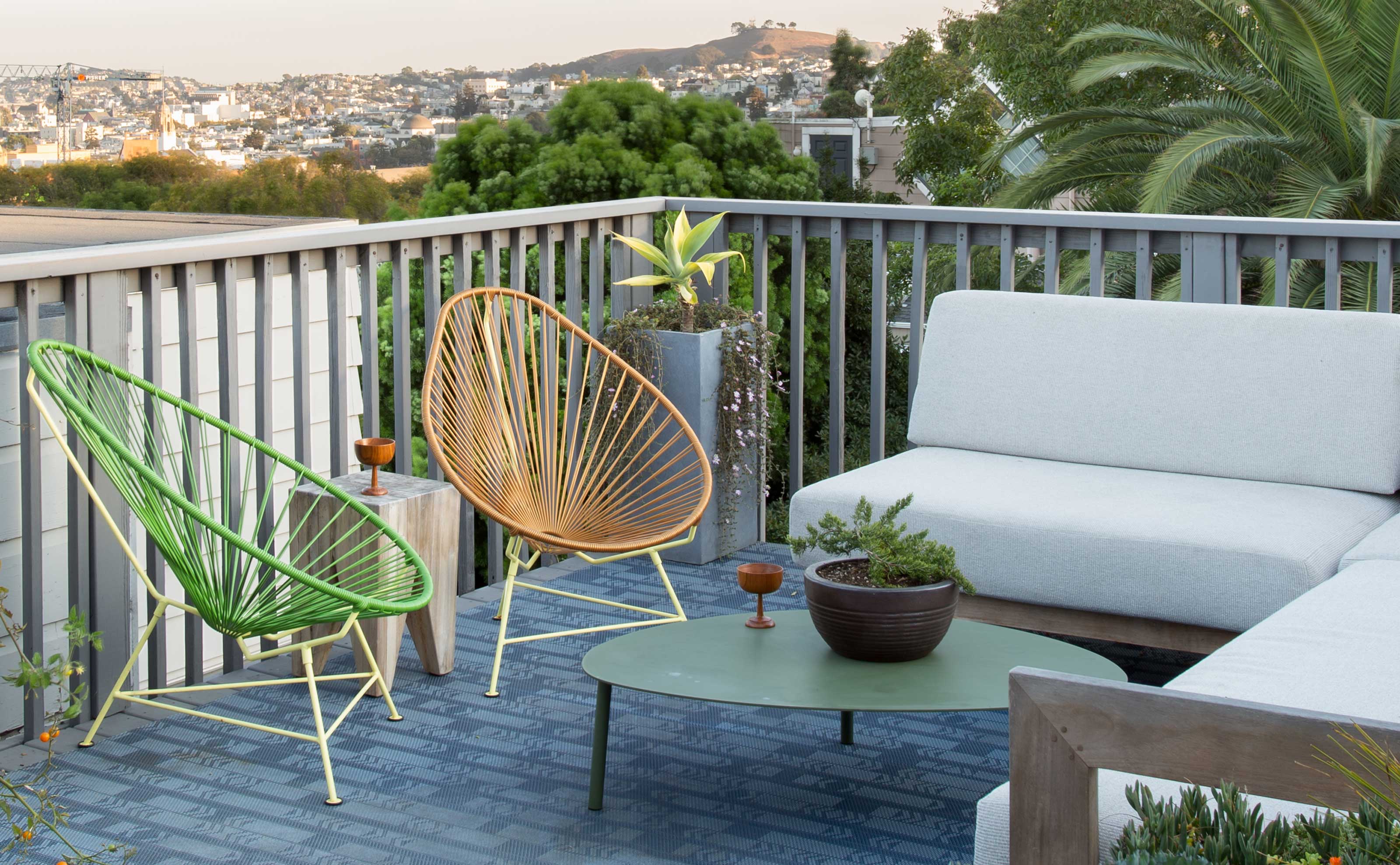

Summer's well and truly upon us, and if you haven't cleaned your outdoor furniture yet, it's probably overdue a refresh. Unlike our indoor dining table or chairs, patio sets need a little extra care and attention. Not only are they exposed to the elements, becoming more dirty more quickly, but they're made of different materials, so knowing what to clean them with can be a challenge. Fortunately though, you probably already have something stocked in your kitchen that's perfect for the job: salt.
Whether you've only just hauled your patio chairs out of the shed for the summer or you're yet to clean up properly after your 4th July barbecue, it's a good idea to give your modern outdoor furniture the refresh it deserves, and this household ingredient is all you need for the job.
We asked a cleaning expert how to use salt as a cleaning formula and which materials it's safe to use it on (including those that aren't). Here's what she had to say.
How to clean outdoor furniture with salt
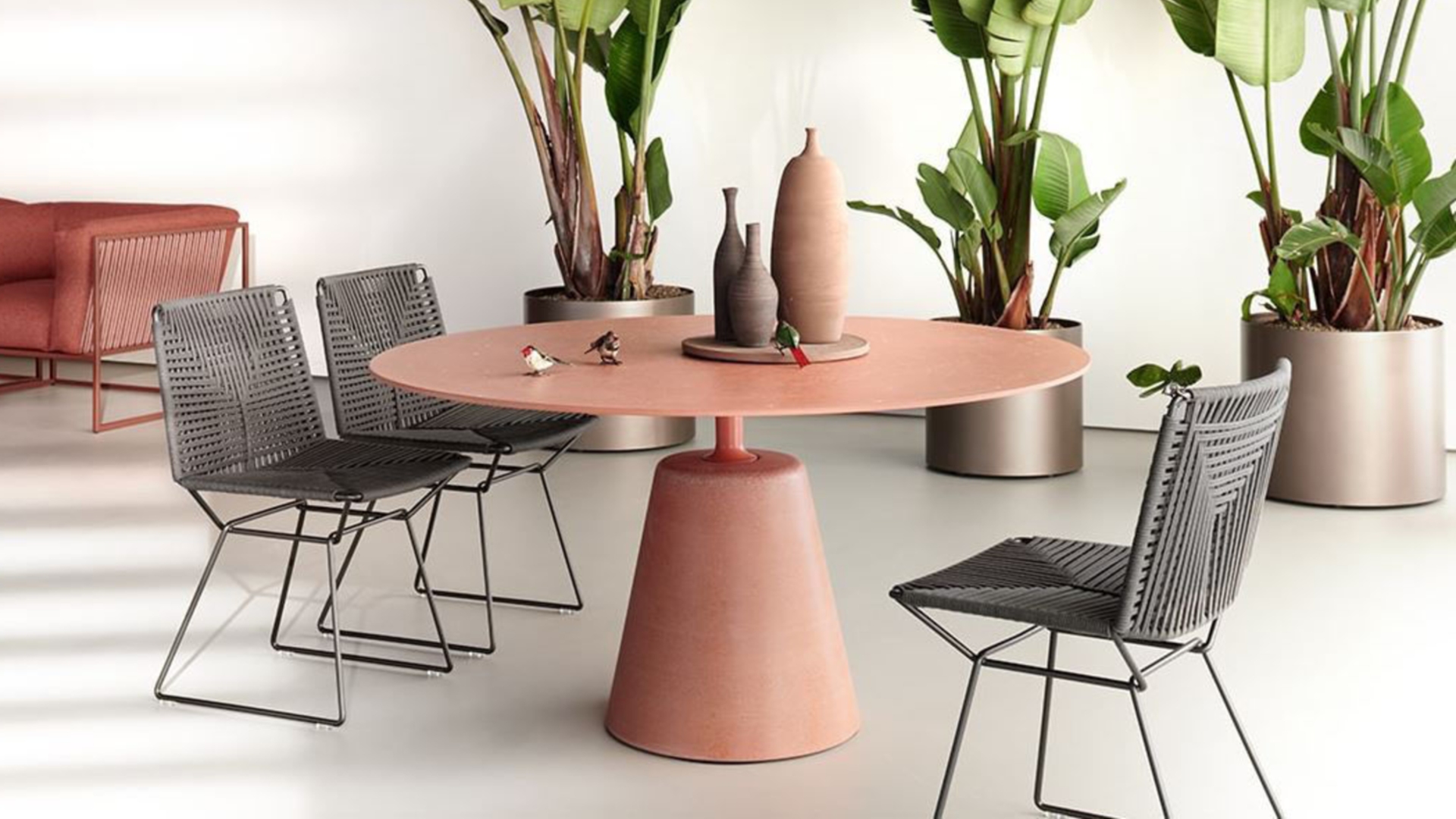
When it comes to cleaning your outdoor furniture with salt, it's not quite as easy as waving your salt shaker over your table and chairs as you would your plate of fries. That said, it's still pretty simple, and just as quick (almost).
'The easiest way to clean furniture with salt is to mix it with water or lemon juice to create a paste,' says Prerna Jain, a professional cleaner and founder of Ministry Of Cleaning. 'Apply the paste to a sponge or cloth and gently scrub the furniture surface. The salt acts as a natural abrasive, helping to remove stubborn stains and dirt.'
According to Prerna, salt can also be used to help remove rust from metal furniture in your backyard. For this, she suggests a mixture of salt and lemon juice or vinegar to form a paste. 'Apply the paste to the rusted areas and let it sit for a few hours, then scrub the rusted areas with a brush or sponge,' she says. 'The salt's abrasive nature, combined with the acidic properties of lemon juice or vinegar, helps dissolve and remove the rust.'
For an extra cleaning boost, you can also leave salt-coated furniture in direct sunlight for a few hours. 'The combination of salt and sunlight can help break down stains and enhance the cleaning process,' adds Prerna.
Can you use salt to clean upholstered outdoor furniture?
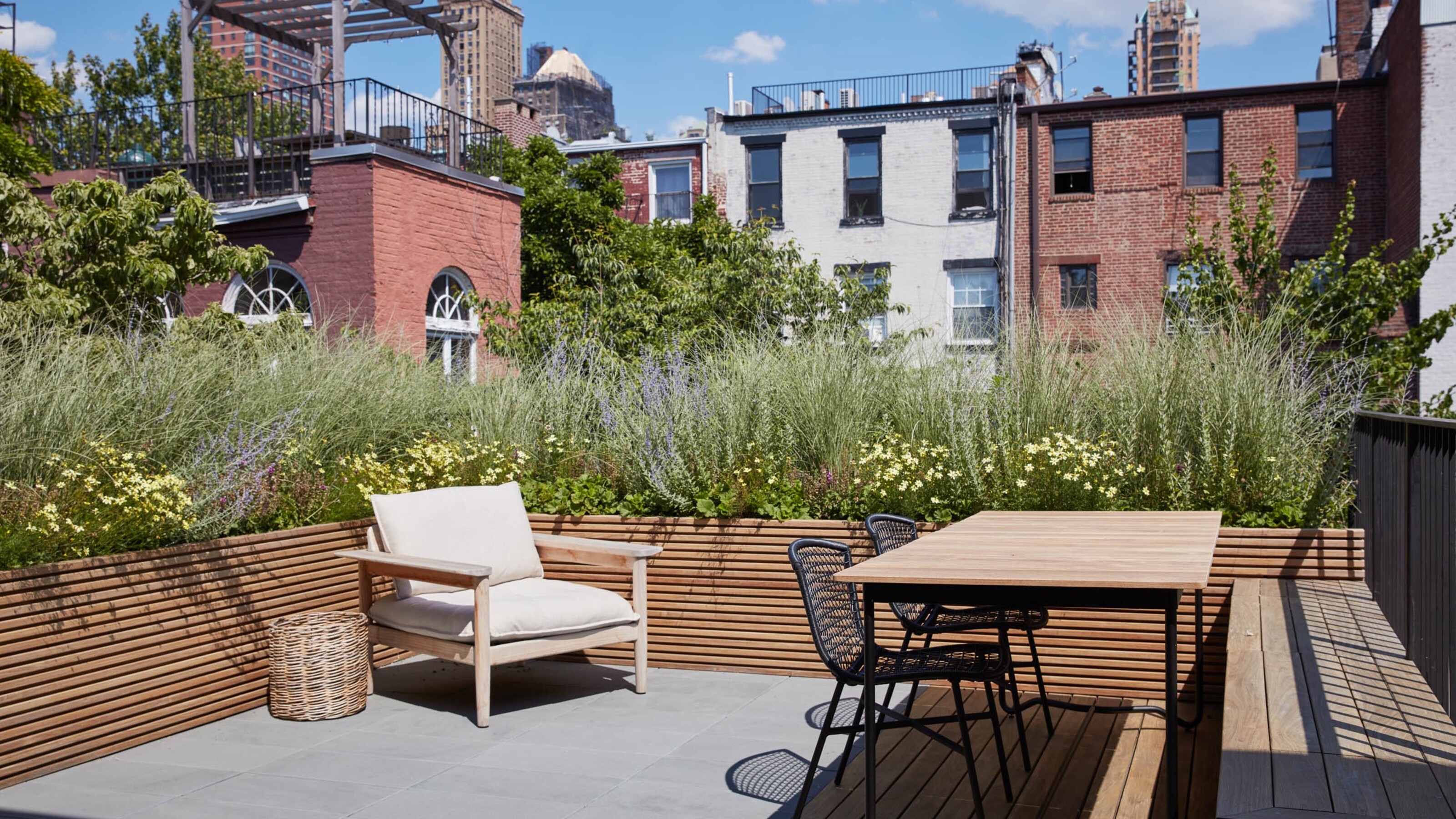
If you've been keeping up with outdoor furniture trends, it's likely you've incorporated some plush cushioning into your backyard seating. If your patio furniture is upholstered with outdoor cushions, these can usually be removed and washed as normal in your washing machine. If you're looking for a quicker fix, however, salt has you covered.
'You can sprinkle salt on upholstery or cushions, leave it for a few hours, and then vacuum it off,' suggests Prerna. Besides being quicker and saving money on the cost of running your washing machine, another advantage of this is that the salt has natural deodorizing properties. As Prerna explains, 'the salt will absorb odors, leaving your outdoor furniture smelling fresh'. It will also prevent the growth of mold and mildew on your outdoor furniture cushions, too.
What materials should you avoid cleaning with salt?
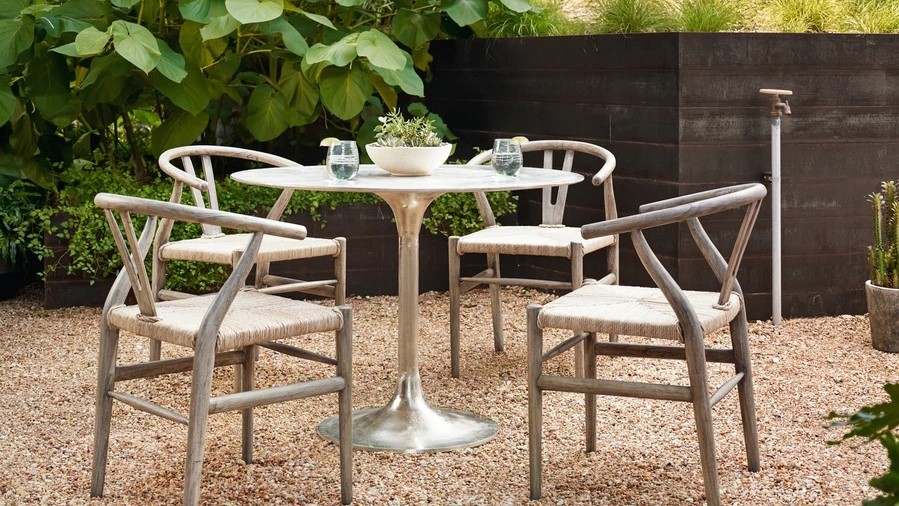
As a natural ingredient, salt is generally safe to use as a cleaning agent on most outdoor furniture, but when used as a liquid solution there are a few materials it's worth steering clear of.
'It's best to avoid using salt on aluminum furniture, as it can cause pitting or corrosion,' explains Prerna. 'Similarly, be cautious when using salt on delicate materials like natural wicker or rattan as excessive scrubbing or salt residue can cause damage.' Wooden furniture could also become discolored if you use a salt solution on it regularly, so stick to a damp cloth and a mild soapy solution instead.
Be The First To Know
The Livingetc newsletters are your inside source for what’s shaping interiors now - and what’s next. Discover trend forecasts, smart style ideas, and curated shopping inspiration that brings design to life. Subscribe today and stay ahead of the curve.

Lilith Hudson is a freelance writer and regular contributor to Livingetc. She holds an MA in Magazine Journalism from City, University of London, and has written for various titles including Homes & Gardens, House Beautiful, Advnture, the Saturday Times Magazine, Evening Standard, DJ Mag, Metro, and The Simple Things Magazine.
Prior to going freelance, Lilith was the News and Trends Editor at Livingetc. It was a role that helped her develop a keen eye for spotting all the latest micro-trends, interior hacks, and viral decor must-haves you need in your home. With a constant ear to the ground on the design scene, she's ahead of the curve when it comes to the latest color that's sweeping interiors or the hot new style to decorate our homes.
-
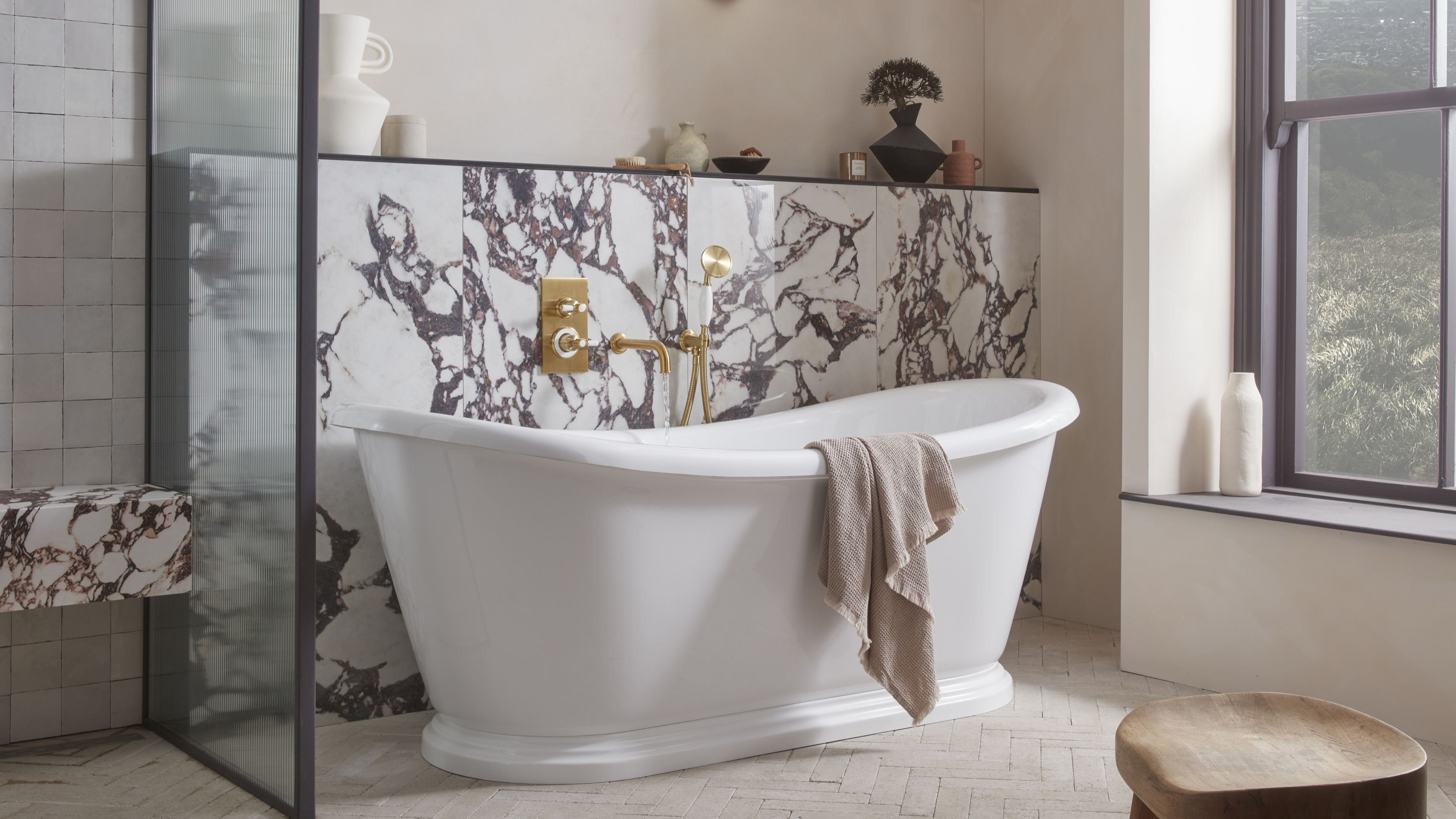 5 Bathroom Layouts That Look Dated in 2025 — Plus the Alternatives Designers Use Instead for a More Contemporary Space
5 Bathroom Layouts That Look Dated in 2025 — Plus the Alternatives Designers Use Instead for a More Contemporary SpaceFor a bathroom that feels in line with the times, avoid these layouts and be more intentional with the placement and positioning of your features and fixtures
By Lilith Hudson Published
-
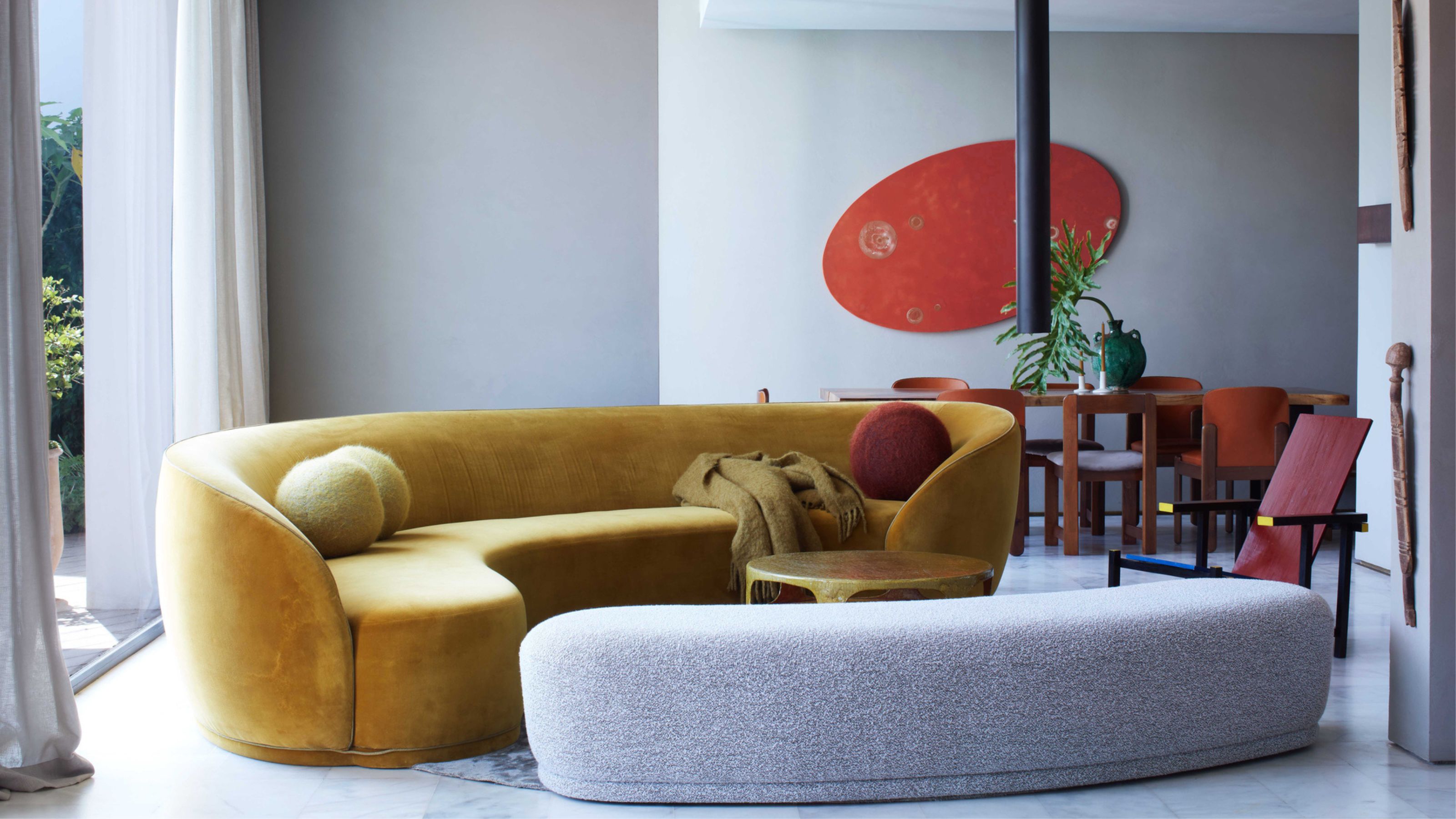 Why Decorating With Mustard Yellow Helps Fill Your Interiors With a Sense of "Confident Calm"
Why Decorating With Mustard Yellow Helps Fill Your Interiors With a Sense of "Confident Calm"There is so much more to decorating with this turmeric-tinted sauce-wiggled-on-a-hotdog not-quite-yellow shade than meets the eye
By Amy Moorea Wong Published
